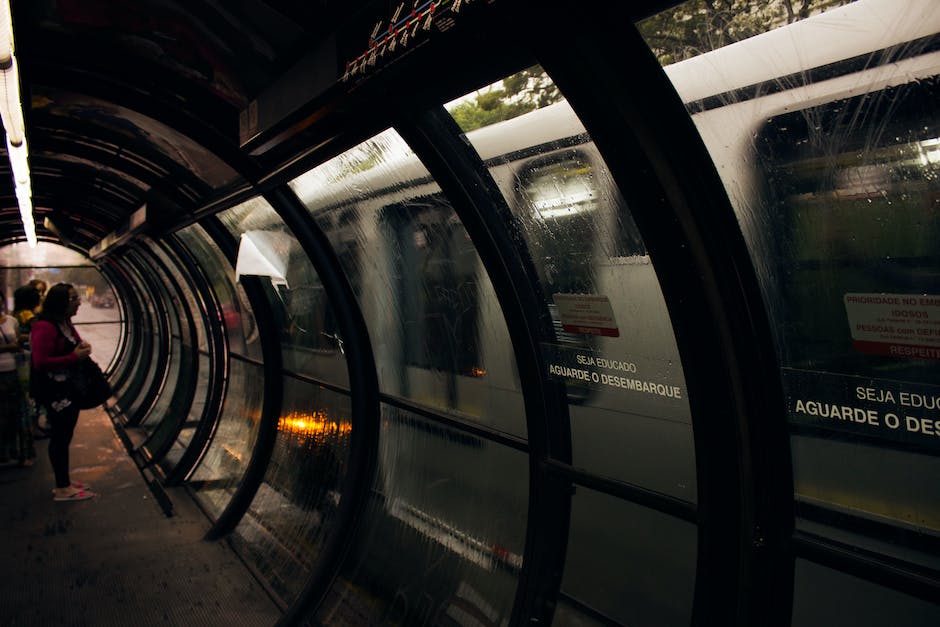-
Índice Liberdade e Vida Clínica de Recuperação

The Benefits of Compulsory Internment for Resistant Individuals in Curitiba, PR
The city of Curitiba, located in the state of Paraná, Brazil, has recently implemented a controversial measure known as compulsory internment for resistant individuals. This measure aims to address the growing issue of drug addiction and its associated problems in the city. While some may argue that this approach infringes upon individual rights, there are several benefits to be gained from this form of intervention.
Firstly, compulsory internment provides a structured and controlled environment for individuals struggling with drug addiction. Many addicts find it difficult to break free from the cycle of substance abuse on their own. By being placed in a controlled environment, they are removed from the temptations and triggers that may lead to relapse. This allows them to focus solely on their recovery and develop the necessary skills to overcome their addiction.
Moreover, compulsory internment ensures that individuals receive the necessary medical and psychological support. Addiction is a complex issue that often requires professional intervention. In a compulsory internment program, individuals have access to a team of healthcare professionals who can provide them with the appropriate treatment and support. This includes detoxification, counseling, and therapy sessions, all of which are crucial in helping individuals address the underlying causes of their addiction and develop healthier coping mechanisms.
Additionally, compulsory internment helps to protect not only the individuals themselves but also the wider community. Drug addiction often leads to criminal behavior, as individuals resort to illegal activities to fund their habits. By removing these individuals from society and providing them with the necessary support, the likelihood of them engaging in criminal activities is significantly reduced. This, in turn, contributes to a safer and more secure community for all residents of Curitiba.
Furthermore, compulsory internment can serve as a wake-up call for resistant individuals. Many addicts are in denial about the severity of their addiction and the impact it has on their lives. By being forcibly interned, they are confronted with the reality of their situation and
How Compulsory Internment Can Help Transform Your Life in Curitiba, PR
Curitiba, the capital city of the state of Paraná in Brazil, is known for its vibrant culture, beautiful landscapes, and thriving economy. However, like any other city, it also faces its fair share of challenges, including drug addiction and mental health issues. In recent years, the city has implemented a controversial measure known as compulsory internment to address these issues and help transform the lives of its residents.
Compulsory internment, also known as involuntary commitment, is a legal process that allows authorities to detain individuals with severe drug addiction or mental health problems against their will. This measure is often seen as a last resort when all other treatment options have failed, and the individual’s life is at risk. While it is a highly debated topic, many argue that it can be an effective tool in helping individuals break free from the cycle of addiction and transform their lives.
One of the main reasons why compulsory internment is seen as a viable option in Curitiba is the lack of access to adequate treatment facilities. The city, like many others in Brazil, struggles with a shortage of rehabilitation centers and mental health clinics. This means that individuals who are in desperate need of help often have nowhere to turn to. Compulsory internment provides a solution by ensuring that those who need treatment the most are given the opportunity to receive it, even if they are initially resistant to the idea.
Another reason why compulsory internment can be beneficial is the structured environment it provides. Many individuals with severe drug addiction or mental health issues find it difficult to break free from their destructive habits on their own. The structured environment of an internment facility can provide the necessary support and guidance to help individuals overcome their addiction or mental health problems. It offers a safe space where individuals can focus solely on their recovery without the distractions and temptations of the outside world.
Furthermore, compulsory internment can also help individuals build a support
